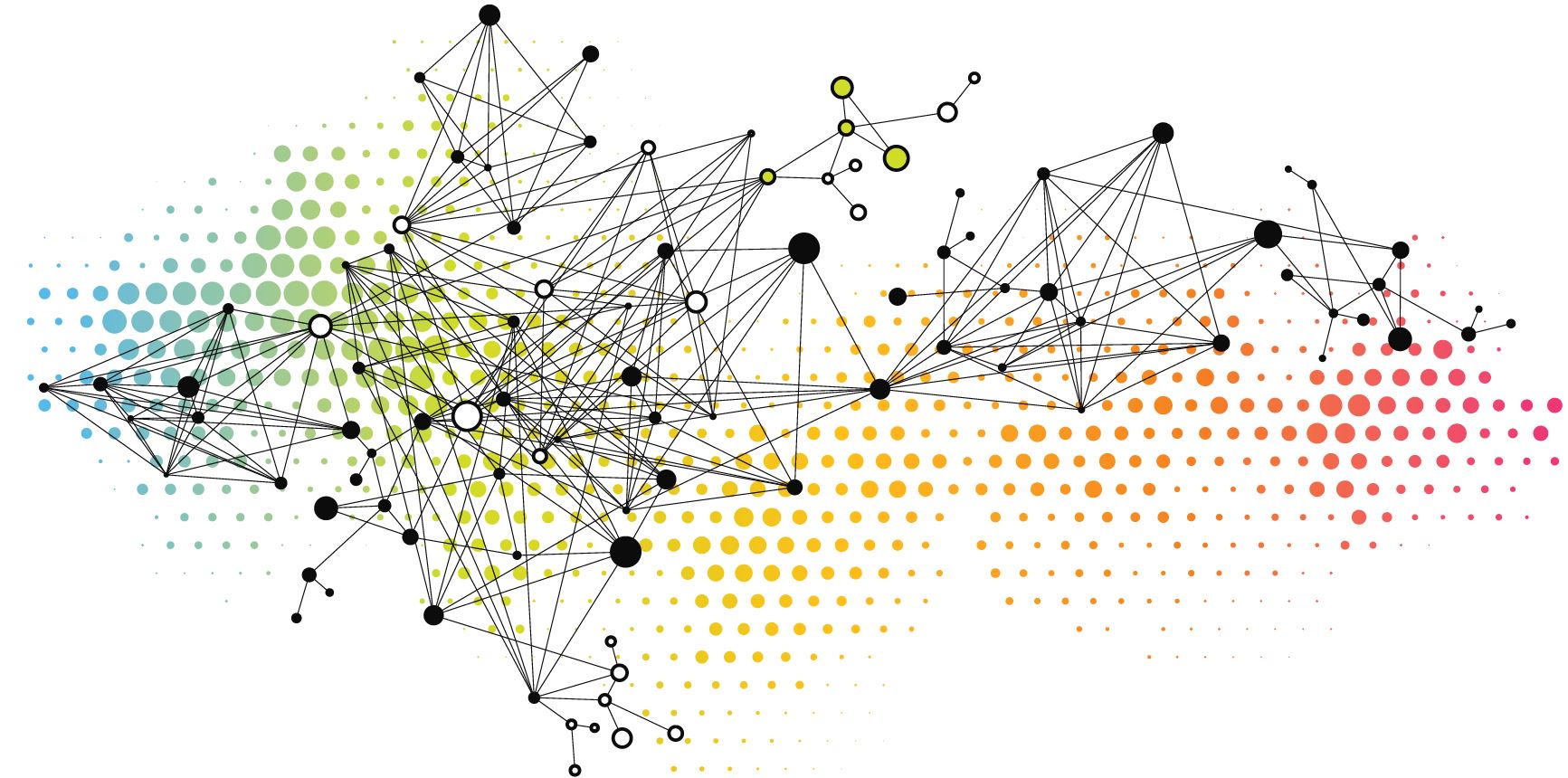Government Finance and Public Sector Debt Statistics (GFS-PDS)

This course offers, in the first three days, an opportunity to learn the concepts, principles, sources, methods, accounting rules, and general framework used to compile GFS and PSDS. The fundamental features of GFS and PSDS: institutional units, sectorization, basis of reporting, transactions, other economic flows, accounts (revenue, expense, expenditure, assets, liabilities), statements, balance sheets, etc. will be covered. The course is taught using international standards presented in the Government Finance Statistics Manual 2014 (GFSM 2014) and the Public Sector Debt Statistics: Guide for Compilers and Users 2011 (PSDS Guide). Participants, especially GFS compilers, will be asked to come to the course prepared to discuss the current status of GFS/PSDS development, their views on capacity development requirements in their country. Articulating a needs assessment for each participating country will be a primary task on the fourth day of the course. To the extent possible, the course will feature applied components that are based on the South Asia experience.
Target Audience
Qualifications
Course Objectives
- Discuss general and specific aspects of the GFS and PSDS framework as embodied in the GFSM 2014 and the PSDS Guide.
- Describe the institutional structure of their respective governments and how they are interrelated with the broader public sector - Identify economic sectors.
- Sectorize institutional units.
- Classify transactions, other economic flows, and stock positions in assets and liabilities data.
- Prepare basic GFSM 2014 statements.
- Know the statements and memoranda items that are part of GFSM 2014 framework.
- Know the major Classifications of the Functions of Government (COFOG).
- Identify key differences between the GFSM 2014 and its predecessors.
Fintech Market Development and Policy Implications (FINTECH)
English (French) | October 14-18, 2024 | In-person Training | Ebene, Mauritius
Apply online by August 26, 2024
Consumer Price Index-Advanced (CPI-A)
English (Arabic) | November 4-15, 2024 | In-person Training | Abu Dhabi, United Arab Emirates
Apply online by August 26, 2024
Nowcasting (NWC)
English | October 14-25, 2024 | In-person Training | New Delhi, India
Apply online by August 26, 2024
Developing Domestic Debt Markets (DDM)
English (Arabic) | October 27-31, 2024 | In-person Training | Kuwait City, Kuwait
Apply online by August 27, 2024
Balance Sheet Approach (BSA)
English | November 4-8, 2024 | In-person Training | Singapore, Singapore
Apply online by August 30, 2024


